
Ahead of the WEF's annual event in Davos, Switzerland, a major survey was conducted, with the participation of 1,490 leading experts in different fields to produce the Global Risk Report.
53% of experts surveyed identified disinformation as the main risk in the technology sector, followed by cyberattacks and uncontrolled development of artificial intelligence (AI).
In the short term (2 years), misinformation is the biggest challenge facing humanity, followed by issues such as extreme weather, socio-political polarization, armed conflict between countries, inflation, forced migration, economic recession and environmental pollution.
The Global Risks 2024 report notes that the spread of misinformation is becoming increasingly easy and widespread thanks to the use of AI technology, leading to the creation of fake news and virtual content. The report says misinformation is likely to become more serious as several countries hold elections in 2024.
In the long term (10 years), environmental risks, including biodiversity loss and ecosystem collapse, will become the biggest risk, while misinformation will become the fifth-ranked challenge.
The Covid-19 pandemic and the current conflict between Russia and Ukraine have exposed widespread societal fractures, but global systems have proven resilient.
However, the survey found that most experts predict an uncertain future, while only 16% expect a period of stability or calm.
In 2023, rising living costs were identified as the top short-term risk, followed by natural disasters and geo-economic conflicts. Meanwhile, climate change and its consequences, including natural disasters and migration, were identified as long-term challenges.
(according to Securitylab)

Meta strengthens policies to protect teenagers on social networks

Google faces new $7 billion patent infringement lawsuit

Microsoft appoints OpenAI board overseer, raising monopoly concerns

Samsung launches TV screen for the super rich

Exoskeleton helps restore mobility to disabled people
Source






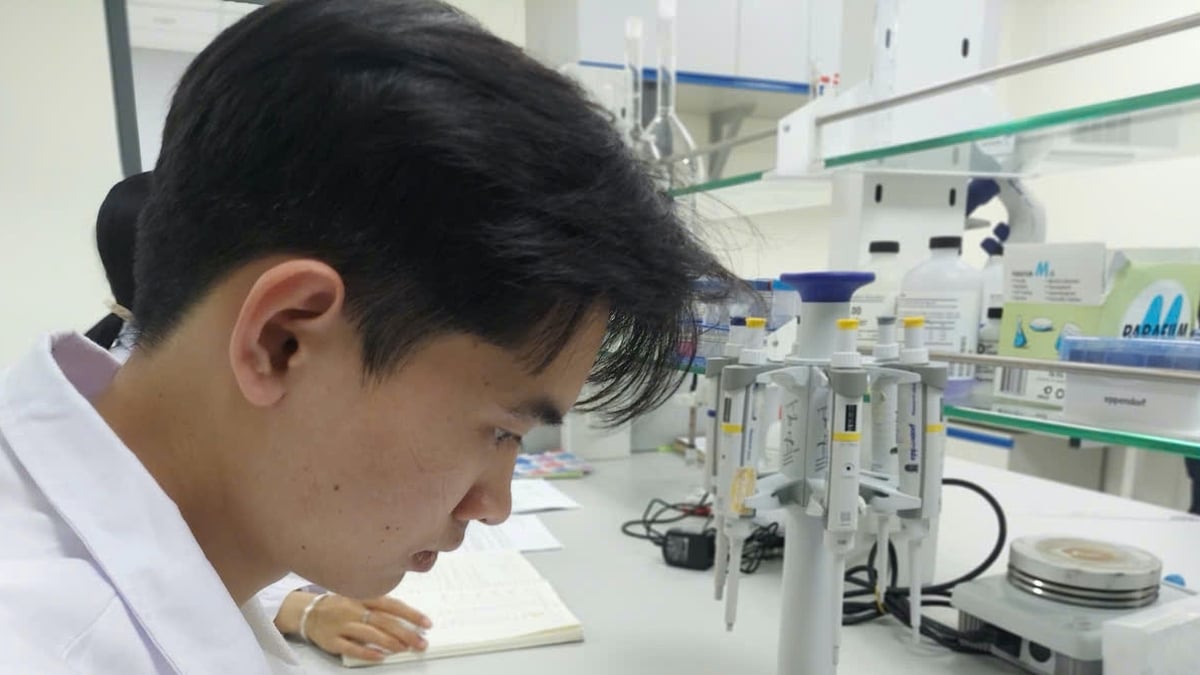




















![[Photo] National Assembly Chairman attends the seminar "Building and operating an international financial center and recommendations for Vietnam"](https://vphoto.vietnam.vn/thumb/1200x675/vietnam/resource/IMAGE/2025/7/28/76393436936e457db31ec84433289f72)





























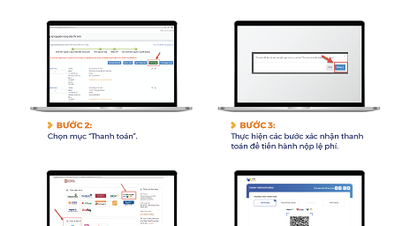








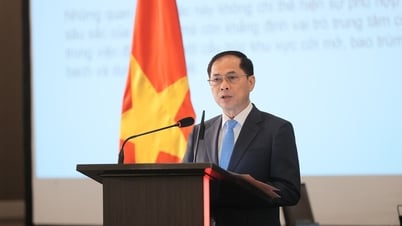




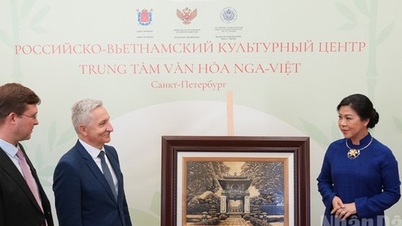

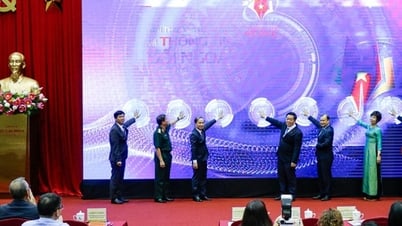
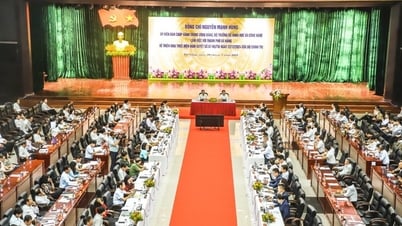























Comment (0)